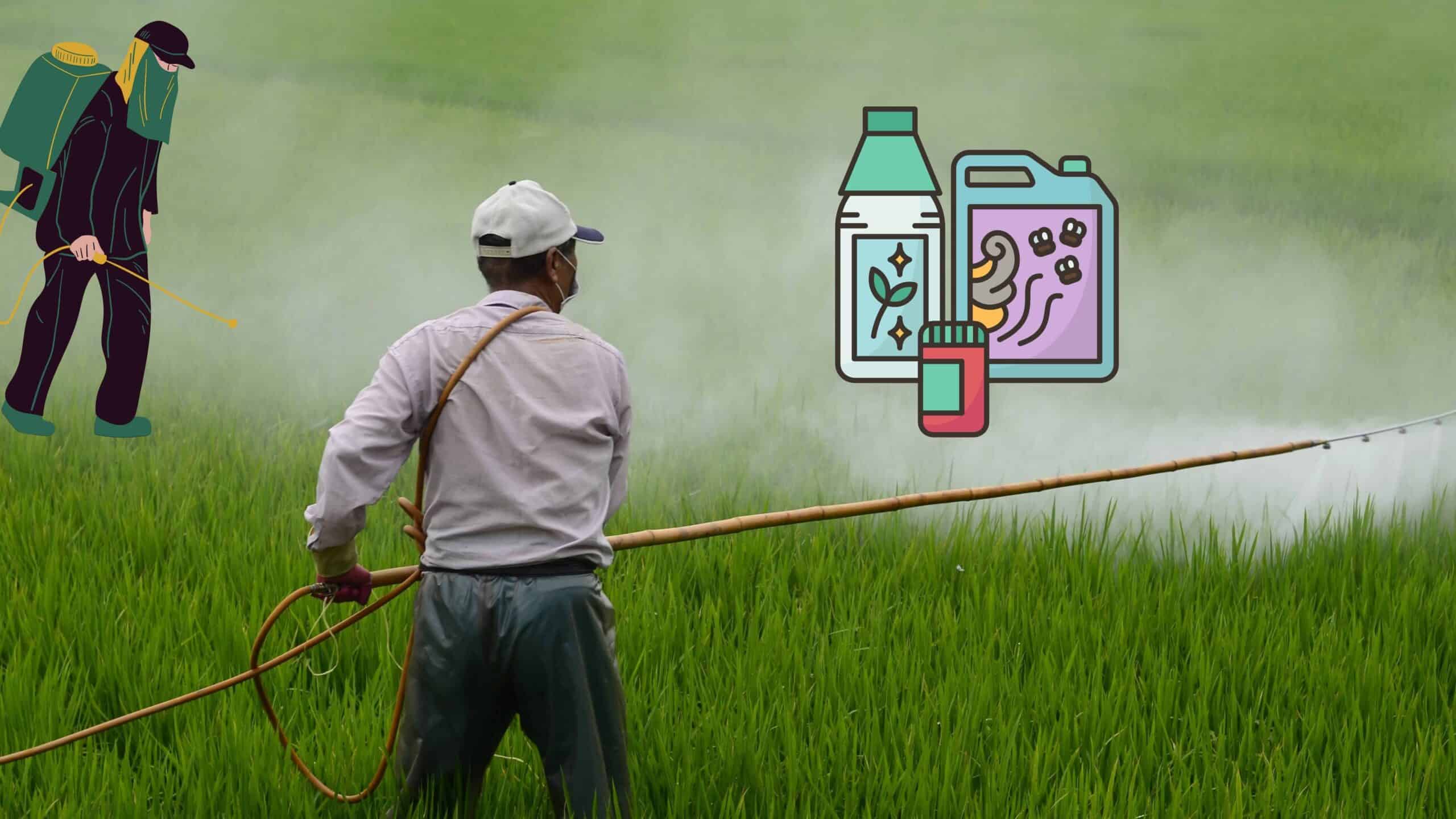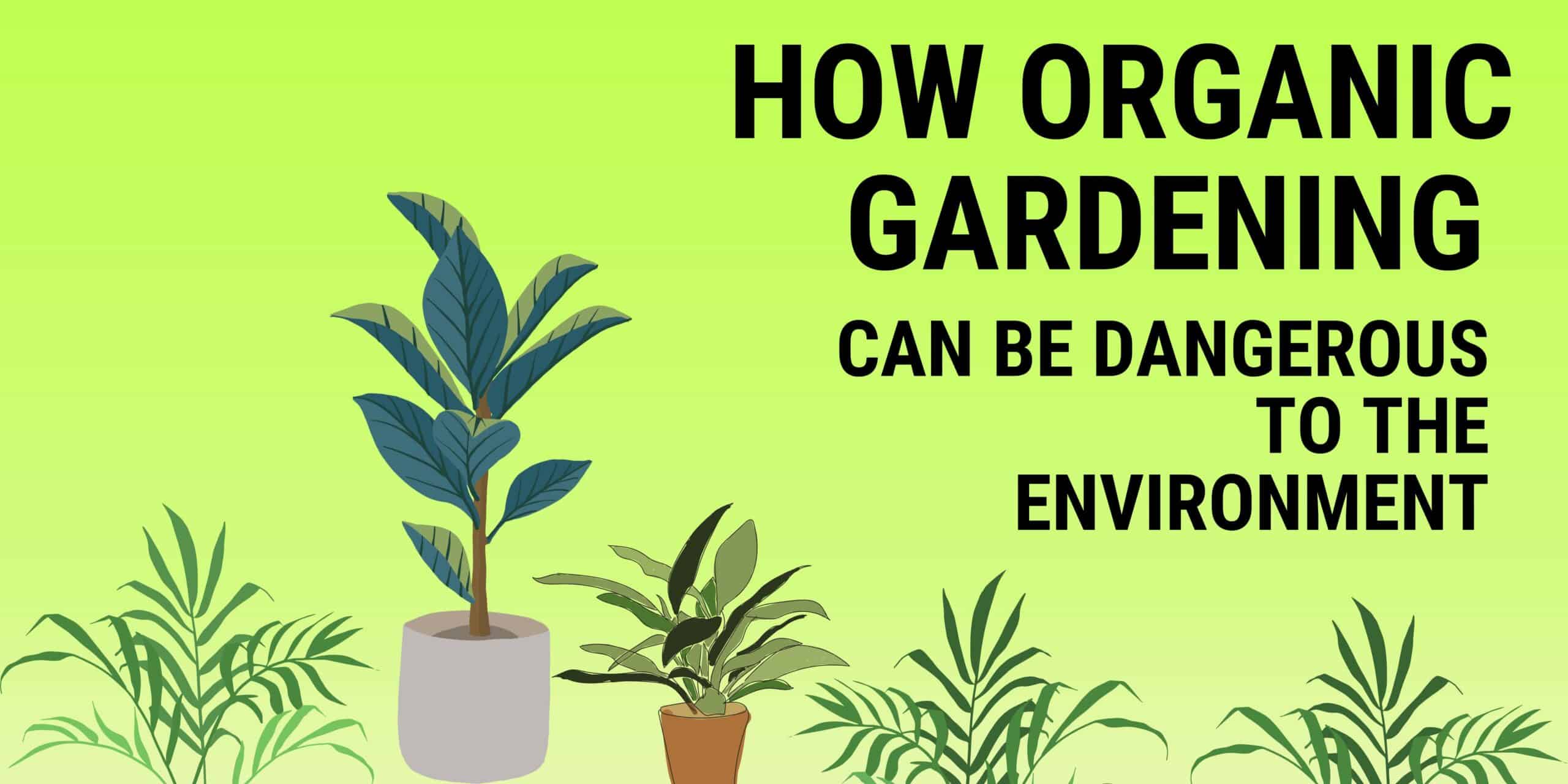In recent years, organic gardening has gained popularity as a bearable and eco-friendly way of growing food, but it is not that good.
While organic gardening can have some benefits, it also has its disadvantages.
In this writing, we will explore the negative impact that organic gardening can have on the environment.
Introduction
Organic gardening has become famous in recent years, as people have become more conscious of the impact that their actions have on the environment.
The idea behind organic gardening is to grow food in a way that is natural and chemical-free, without the use of synthetic fertilizers, pesticides, or herbicides.
While this may sound like a good thing, there are several ways in which organic gardening can be harmful to the environment.
The Myth of Organic Gardening
Organic gardening aims to grow food in a natural and chemical-free way, without the use of synthetic fertilizers, pesticides, or herbicides.
Although this may sound appealing, it is not entirely true that organic gardening is chemical-free.
Organic gardening still requires the use of natural pesticides and fertilizers, which can be just as harmful to the environment as synthetic ones, especially when used in large quantities.

Pesticides
Although organic gardening relies on natural pesticides, but they can still damage the surroundings.
Natural pesticides such as pyrethrin and rotenone can be poisonous to beneficial insects like bees and ladybugs, which stand crucial for pollination and pest control.
Furthermore, natural pesticides can still pose a threat to human health if not used properly.
Soil Health
The issue with organic gardening is it affects soil health.
While organic gardening aims to maintain soil health by not using synthetic fertilizers and relying on natural sources of nutrients, this can be detrimental to the environment.
Natural fertilizers such as manure and compost can contain high levels of nitrogen and phosphorus.
Which affects and pollutes nearby water sources and leads to eutrophication, a process that can suffocate aquatic organisms like fish.
Land Use
Organic gardening usually needs more land than traditional farming.
It depends on crop rotation and companion planting to prevent pests and keep soil healthy.
This can lead to deforestation and habitat devastation, as more land is emptied for agriculture.
In addition, organic farming can be less efficient than traditional agriculture, signifying more land is required to yield the same amount of food.

Transportation
Organic food is usually transported over long distances to reach consumers, which can have a significant impact on the environment.
The transportation of food contributes to greenhouse gas emissions, which can exacerbate climate change.
In addition, the packaging and refrigeration of organic food can also hurt the environment.
Conclusion
While organic gardening has some benefits, it is not always the best option when it reaches to sustainability and environmental effect.
Organic gardening can still involve the use of pesticides and fertilizers, which can be harmful to the environment.
In addition, organic farming can be less efficient and require more land than conventional farming, which can lead to habitat destruction and deforestation.
Overall, it is essential to consider all of the factors when deciding whether to grow food organically or conventionally.
FAQs
Is organic gardening always bad for the environment?
No, organic gardening can have some benefits, such as promoting soil health and reducing the use of synthetic chemicals.
However, it is essential to consider all of the factors and weigh the pros and cons before deciding whether to grow food organically or conventionally.
Can natural pesticides be harmful to the environment?
Yes, natural pesticides can still be harmful to the environment. While they may be derived from natural sources, they can still be toxic to beneficial insects and other organisms and can contribute to water pollution if not used properly.
Is organic farming always less efficient than conventional farming?
Not necessarily. While organic farming can be less efficient regarding yields per acre, it can also have other benefits such as promoting biodiversity and reducing synthetic chemicals.
Can organic food be transported in an environmentally-friendly way?
Yes, it is possible to transport organic food in a more environmentally-friendly way, such as using electric vehicles or reducing packaging waste. However, this is not always the case, and transportation can still have a significant impact on the environment.
What are some alternatives to organic gardening?
Some alternatives to organic gardening include integrated pest management (IPM) and sustainable agriculture practices, which aim to reduce the use of synthetic chemicals while also increasing efficiency and productivity.
